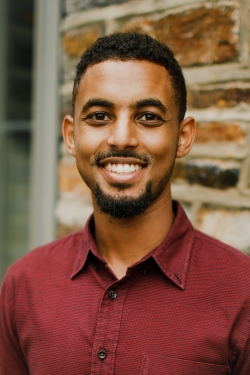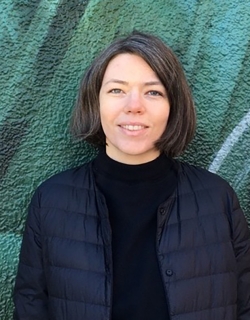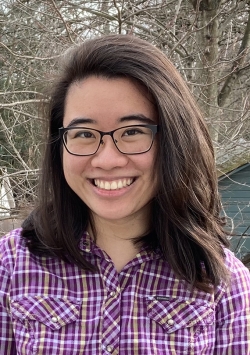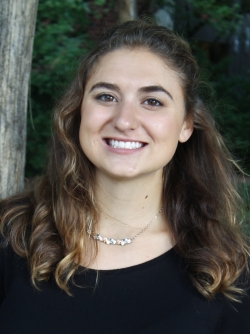Aman Aberra
Biology and Psychosocial & Brian Sciences; Mentors- Michael Hoppa, Matt van der Meer, and Geoffrey Luke
amanaberra_headshot.jpg

Aman is a biomedical engineer interested in bioelectrical phenomena of the nervous system and how electromagnetic fields can be used to modulate neural activity and treat disorders. In his doctoral work, Aman developed multi-scale computational models of the neural response to noninvasive brain stimulation methods, including a technique called transcranial magnetic stimulation, which provided mechanistic explanations for experimental observations that were previously not well understood. As a Neukom fellow, Aman will use novel genetic and optical tools to characterize the dynamic molecular and electrical properties of axons and synapses during normal brain function, as well as during stimulation with applied electromagnetic fields.


